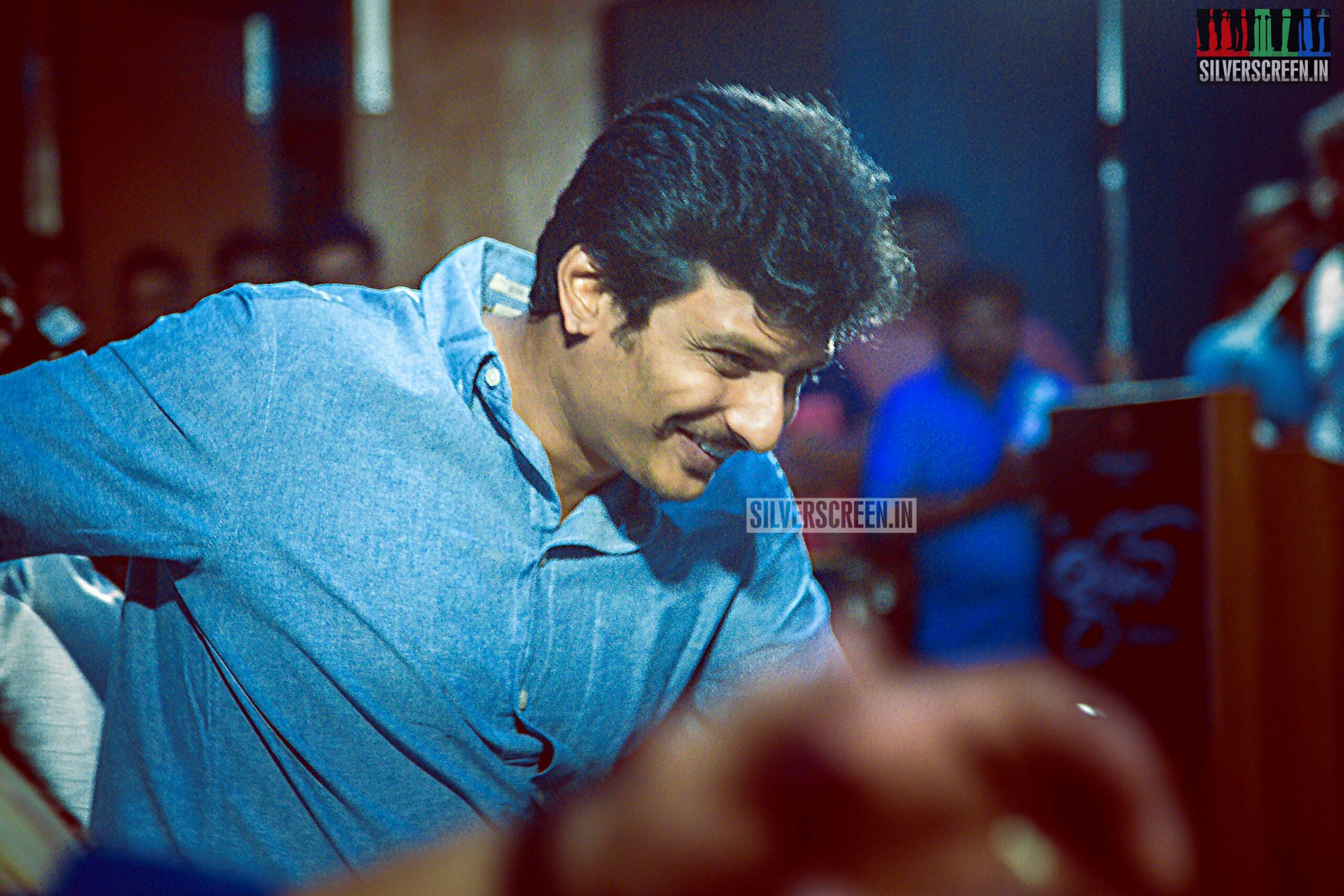Pikchar With Rita is a fortnightly column on cinema by Rita Kothari. She’s a Professor of English at Ashoka University. She does not “do” film studies.
***
Something was restored in me when I watched Shoojit Sircar’s Gulabo Sitabo. A part of me that had been embarrassed could be retrieved with pride. No, I will not tell you as yet what that is. So, let me begin by taking you first to Fateema Mahal.
All action and all philosophy of life; both its movement and stasis are centred in this dying, withering but filled-with-character old mansion. It’s a ginormous house, but with a small entrance that announces its name in two scripts. As you enter you are little prepared for its size. It can’t fit into your eyes, for its sprawling on all sides. Its walls are shorn of paint; its fans creak; its beds and chairs look world-weary and in its old rooms live many depressing looking tenants.
An old house run by a ‘Mirza’ may remind you of the acclaimed film, Garm Hawa. Maintaining that house and running a business, keeping family’s desires and integrity intact had turned out to be a tough job for him (played by Balraj Sahni). But that Mirza was a man of his word; proud and conscientious. Our Mirza of Fateema Mahal is but a caricature. He steals things, pawns them, pockets the change and walks his bent walk, looking both old and devious.
Played by Amitabh Bachchan, this Mirza is like Moliere’s The Miser — a pinching, avarice-filled, petty man who is waiting for his wife to die so that he can take over the haveli. Looking at how worse for wear he and the haveli are, you may also be reminded of Anita Desai’s In Custody based film, Muhafiz (1993).
An old and overweight Urdu poet lives amongst the disarray of neglect, spouting verses that sound empty and florid—a metaphor for a certain mode of life, a faded language and life in post-independent India. However, those associations pass you by, for it is the urgency of Begum’s death and the future of Bankey (played by Ayushmaan Khurrana) that hangs over the here and now.
Bankey is a lisping and under-literate tenant, who does not pay his rent. In this world of greedy landlords, imperious old women, sly tenants, safari-wearing sarkari crooks like Gyanesh (played superbly by Vijay Raaz) you can’t become all nostalgic about the fading glory of Fateema Mahal. The hectic gathering of state and corporate interests around the ‘heritage’ property draw you in a farcical mode, closer to Jaane Bhi do Yaaro. And while you watch all this, it’s really a tale between the puppets Gulabo and Sitabo.
They witness the old Mirza walking past nicking bulbs, and haggling over the shroud which he hopes his wife will need soon. He is outsmarted by his own avarice and is left with a lone chair from a house that made him marry a woman fifteen years older. It’s all too absurd and funny. And when Bankey reminds him of his lalach (greed), he says, from my point of view, unforgettable lines, “Pehle to lalach se koi naheen mara. Doosri baat, yeh lalach nahin, meri ulffat hai.”
Recommended
If greed is too much love, how can he be blamed for loving the mansion too much, enough to make his wife put thumb prints on the ownership deed while she is sleeping. This joy ride is interestingly not fast-paced; it’s as slow as Mirza’s hunchback-kind of gait. And that to my mind is the film’s biggest strength—its refusal to give up absurdity and humour without making time crisp and quick. The combination is very new; and the photography probably the best we have seen in some time.
It seems to me I can’t avoid any more the confessional note I began with: this film has lent dignity to my loyalty to Amitabh Bachchan. From losing him to Binani cement and Just Dial, or even to thaalis and diyas, we re-gain him briefly in a role where it’s easy to forget him. He has re-emerged to make me feel less embarrassed about this life-long relationship!



